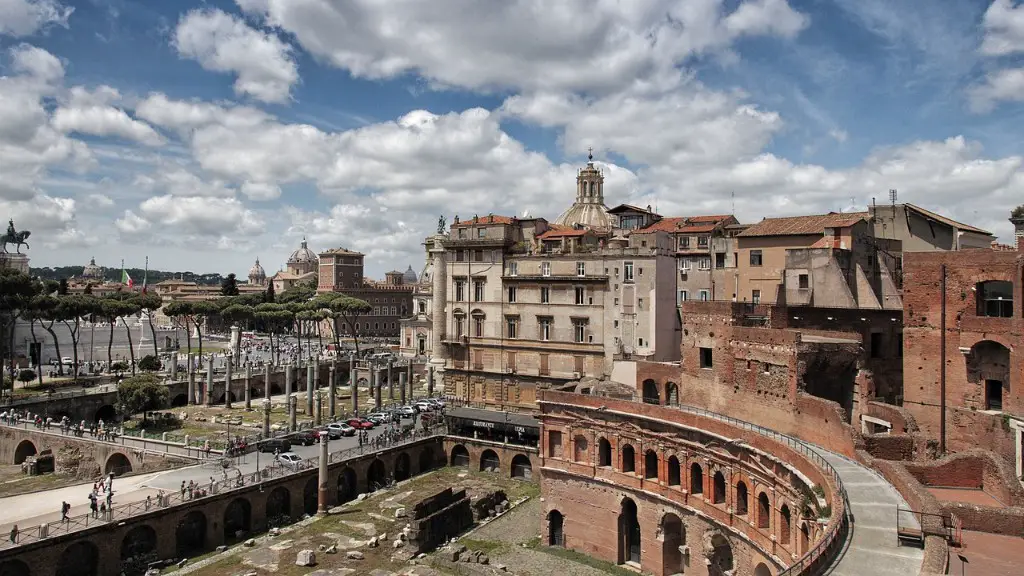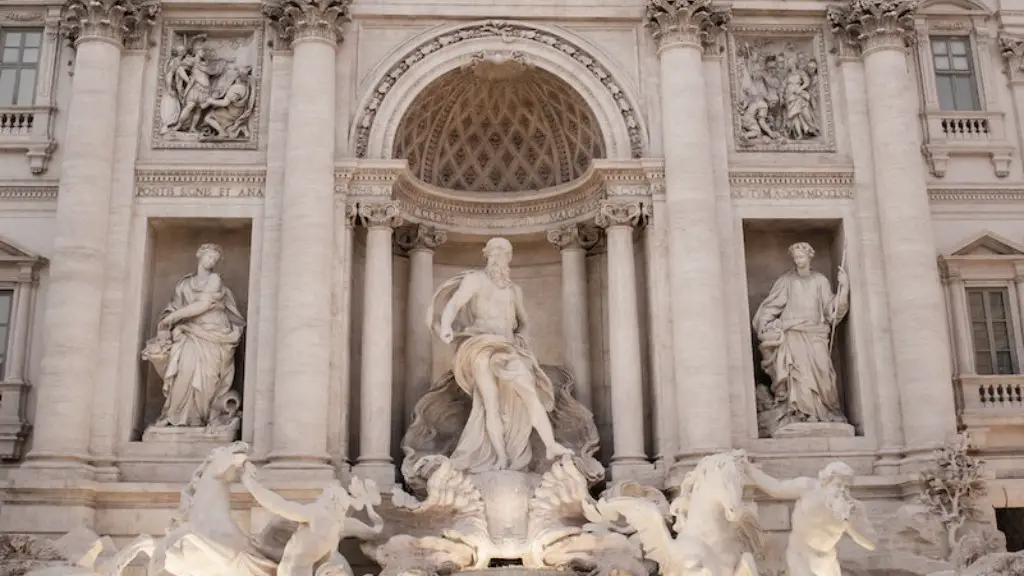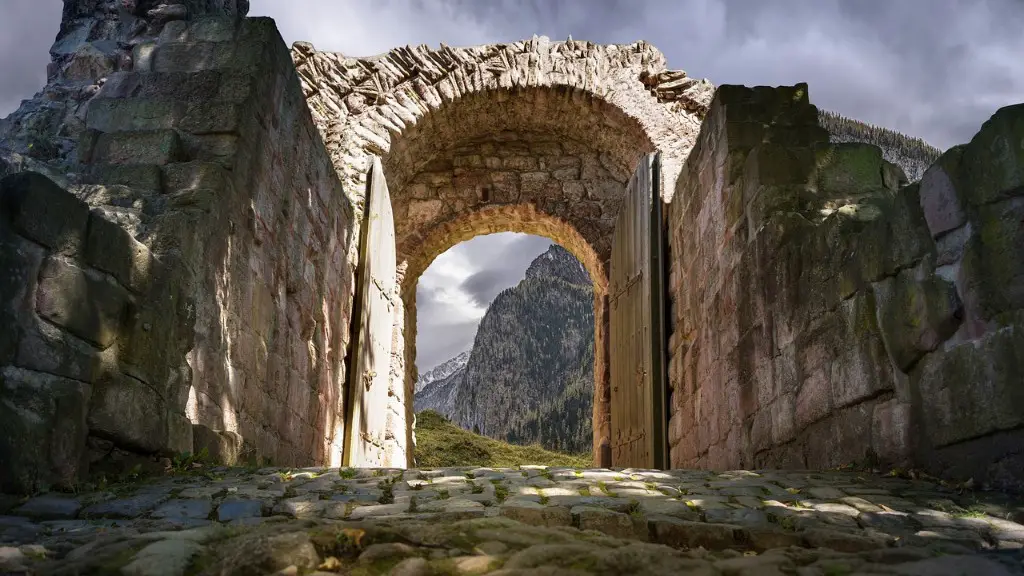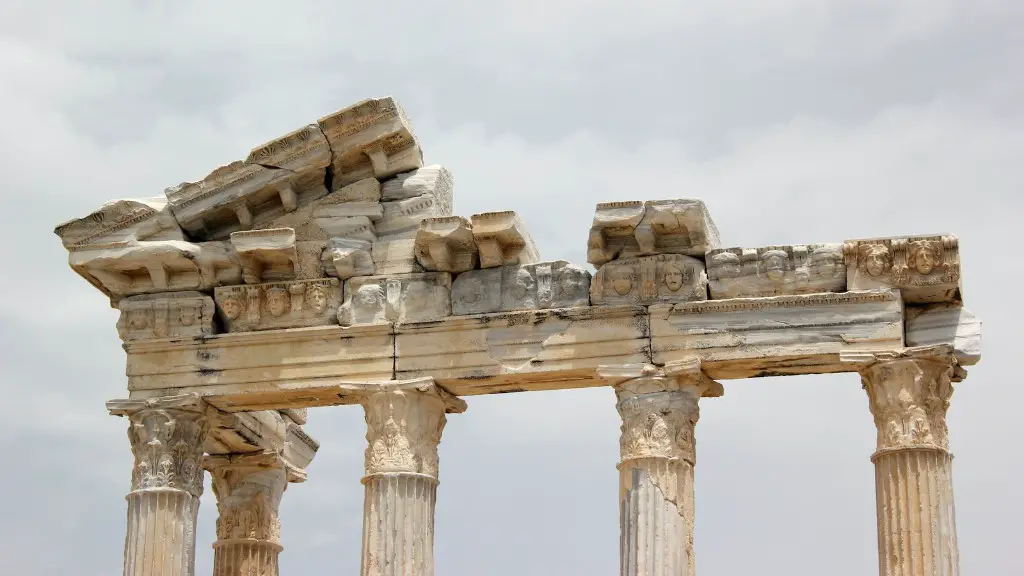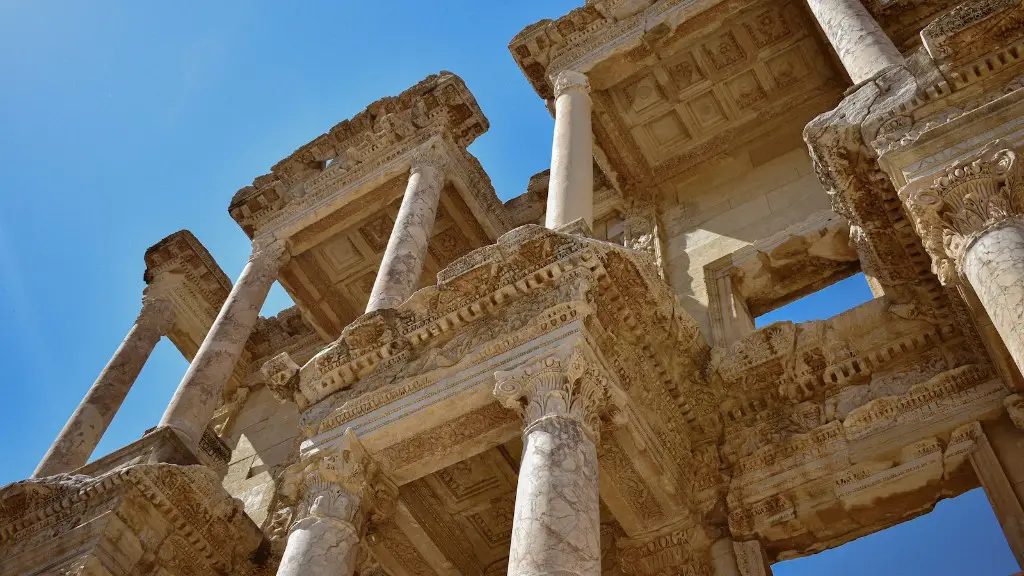Daily Routine of Ancient Romans
For ancient Romans, daily life was usually consisted of carrying out the same routines everyday. Many of those who lived in Rome during that time lived a very structured and balanced life, dedicating themselves devotedly to hard work and leisure. The lives of the richest and poorest were largely determined by their social class.
We may think of Ancient Rome as a wild, exotic place but for the citizens of that time it was more a question of work-life balance. People focused their energy and attention on mundane details of daily life, similar to the way we do today. Though there were some obvious differences from modern life, Ancient Roman daily life revolved around the same main priorities: eating, sleep, and leisure.
During the day, most adult males took part in different activities related to their profession. Women and children usually took care of the household and did duties like shopping or taking care of the children. For the wealthy, meals were an important part of their daily routine. Dinner, which was usually served in the middle of the day, was a time when the whole family usually gathered to share the day’s news and share in the fantastic cuisine.
When it came to leisure, most ancient Romans spent their free time in the baths and theatres. Roman baths were incredibly popular and provided a way for Romans to relax and enjoy themselves. People could also attend the theatre, where they could watch plays, comedies, and ballets. Ancient Romans also enjoyed watching gladiator fights in the Colosseum.
In addition to entertainment and activities, religion was also a factor in determining the daily life of Ancient Rome. Roman polytheism included the worship of both gods and goddesses, and prayer and ritual were important parts of Roman daily life. Religious ceremonies were often held in public places such as temples, and citizens were expected to follow specific religious customs.
At the end of the day, most citizens of Ancient Rome retired to their homes, where they would prepare for the following day. Sleep was also important in Ancient Rome, and people usually went to bed at sunset. As with modern life, there was no set time they had to go to bed, but it was usually earlier than today because there was little to do in the darkness.
Education and Schools
Education was important in Ancient Rome, and education was seen as a way to ensure that one had the knowledge and skills needed to succeed in life. Schools were divided according to social class and the wealthy had access to private tutors. The educational system was very similar to our modern one in that it was based on reading, writing, and arithmetic.
Education for boys was focused on learning a trade as well as Latin and Greek literature and philosophy. Girls were also educated in their homes to prepare them for marriage and motherhood. Education for both boys and girls was more focused on developing character, morality and practical knowledge than on academic achievement.
Despite the importance of education, not all citizens were educated. The lower classes, who could not afford the fees, were excluded from the educational system. Even so, there were some attempts to make education accessible to everyone, such as free schools run by philanthropists.
Education was seen as a way to ensure that one had the knowledge and skills needed to succeed in life, and it was also seen as a way to help promote social mobility. Education was therefore highly valued by the Ancient Romans and it remains a fundamental part of our society to this day.
Politics and Law
Ancient Rome was governed by a system of laws that were enacted by the Senate and enforced by the people. This was a form of government we would now call a republic, and it was a fairly complex system with various tiers of authority.
The most prominent figure in Ancient Rome was the emperor, who could issue laws and override the Senate if necessary. Since Rome was an empire, the emperor had ultimate power but most of the power was held by the Senate. This was the “democratic” element of Ancient Rome and it provided a check and balance against the emperor’s power.
In addition to the emperor and Senate, the lower levels of government were filled with people chosen by the Senate or emperor. They were responsible for day-to-day governance, including taxation, public works, and keeping the peace. This system was relatively efficient and it allowed Rome to flourish over the centuries.
Though it was a complex system, it was also an effective one. Ancient Rome managed to stay in power for centuries despite various setbacks and challenges, and it is often seen as an example of how a republic should be governed.
Social Life
Ancient Romans valued socializing and spending time with friends, family, and colleagues. Ancient Roman society was divided by class but it was still possible to moved up or down the social ladder through hard work or luck.
Socializing usually took place in the home or at public events such as the theatre or circus. Ancient Roman cafes and taverns also served as popular venues for socializing, as well as being places to get a bite to eat. Ancient Romans also celebrated festivals, such as the Saturnalia, which was celebrated with feasting, singing, and games.
In most cases, socializing involved drinking and eating, often accompanied by music, dance, and theatrical performances. This made Ancient Roman social life somewhat similar to our own, albeit with some notable differences.
Though Ancient Roman culture was viewed as more conservative than ours, a strong sense of tradition and social customs existed and it was important for citizens to follow the expected etiquette. For example, it was expected that men would pay for the expenses of their female companions.
Ancient Roman social life also included a wide range of sports and games, ranging from board games to chariot racing. These sports were usually enjoyed at public events such as the circus or in private clubs.
Cultural Contributions
Ancient Rome made many contributions to Western civilization. From literature and art to architecture, Ancient Rome was influential in shaping the culture we have today.
The Romans were renowned for their skill in engineering and architecture, and they left an impressive legacy of monuments and cities that can still be seen today. They also made great strides in aqueducts, roads, and bridges, which helped connect Rome with its colonial subjects.
Roman literature, from the classics to popular epics, has been a lasting source of pleasure and inspiration for centuries. Roman artists, like sculptors and painters, produced beautiful works that stand as important legacies of the culture.
In addition, Ancient Rome gave us the basis for many legal systems, including the concept of online Roman law. Its political system, though complex, was a model of efficient governance that has been studied and imitated for centuries.
Ancient Roman contributions have made a lasting impression on Western culture, and their influence can still be seen in many aspects of modern life.
Religion and Philosophy
Ancient Rome was a deeply religious society, with many temples, shrines, and festivals dedicated to their gods. The Ancient Roman pantheon included gods and goddesses associated with different aspects of life and worship of these deities was important in daily life. The most important gods were Jupiter, Juno, and Minerva.
Roman religion was also heavily influenced by Greek culture, and the gods and goddesses were often depicted in Greek style. This was in marked contrast to the traditional gods of other cultures, which were often depicted as beasts or monsters. Roman gods were portrayed more as idealized human figures, and many of them had distinct personalities and even senses of humor.
In addition to religion, philosophy was highly valued in Ancient Rome. The Stoic and Epicurean philosophies were particularly popular, and people often followed the teachings of influential philosophers such as Cicero and Seneca. These philosophies focused on virtues such as wisdom, temperance, and fortitude.
Though the gods and goddesses of Ancient Rome are largely forgotten today, their influence can still be seen in our culture. The philosophy of Ancient Rome is often seen as a guiding influence in our modern world.
